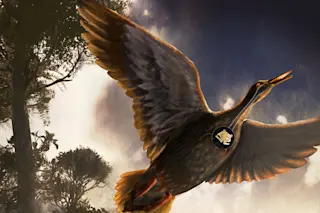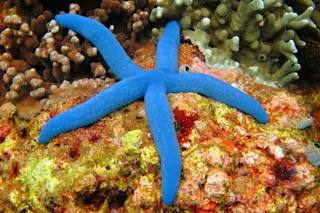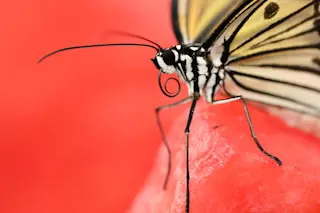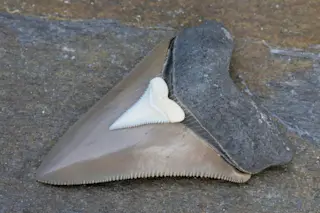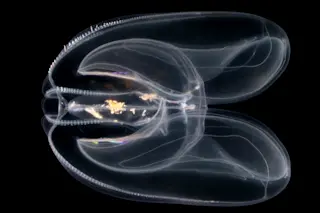An artist's reconstruction of Vegavis iaai, with the location of the syrinx shown. (Credit: Nicole Fuller/Sayo Art for UT Austin) If you were walking around Antarctica toward the end of the Cretaceous 66 million years ago, you may have heard a very familiar sound: the riotous honking of ducks. That's the conclusion of an analysis of the oldest bird vocal organ ever discovered. Although it may predate modern birds by over 60 million years, it nevertheless bears striking similarities to the fleshy folds and cartilaginous rings that ducks use to communicate today. The find pushes back the evolution of modern-looking avian vocal organs to the time of the dinosaurs and promises to shed light on how they first evolved and changed through the ages.
In a paper published Wednesday in Nature, lead author Julia Clarke and her co-authors used computed tomography (CT) to scan the fossil of an ancient duck ...


